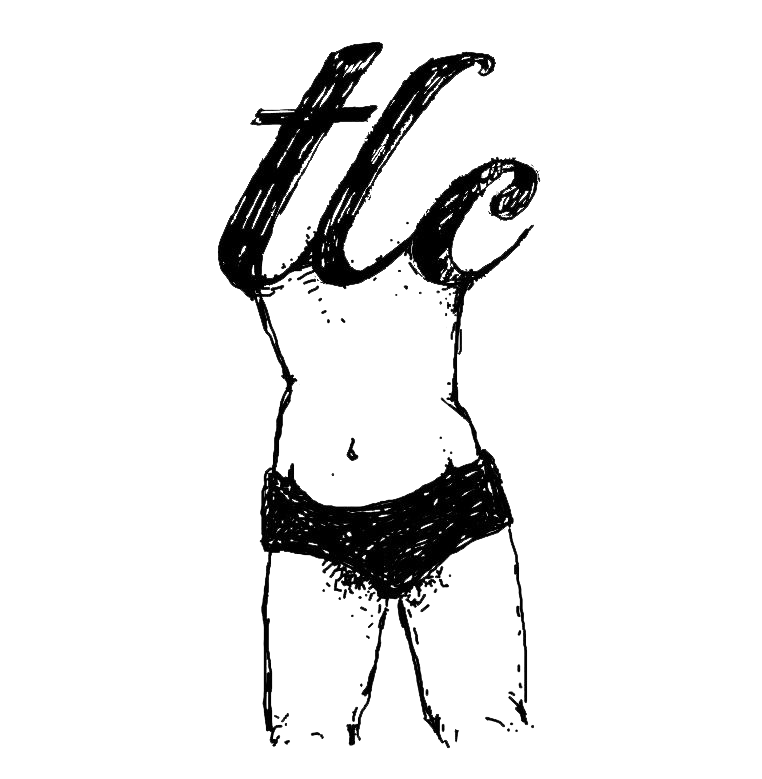Namita Bhandare is a familiar, and respected, name in journalism and in writers’ circles across India. A journalist for close to 30 years, since 2013 Namita’s work has focused entirely on gender rights. She was the Gender Editor for Mint for three years from 2014. Currently, she works as an independent journalist with a column in Hindustan Times and bylines in Foreign Policy, Scroll among other publications.
Most recently, Namita joined the editorial board of Article-14, a new startup that focuses on gaps in the implementation of the law. Again, her focus for Article-14 is gender and she oversees and commissions gender stories.
A prolific author of non-fiction books, Namita has found a rare sweet spot for Indian women journalists. She’s happy, and doing work that fulfils her, as opposed to chasing the newest relevant topic.
Her work is impressive and unassailable. In an increasingly cut-throat industry that is Indian media, what I respect and love most about Namita is her fearless, no-holds-barred support for other women.
The Ladies Compartment sat down with Namita Bhandare to ask her ten questions, her answers of which may benefit us all.
You write a lot about women at work- what are the recent trends you’ve noticed post-pandemic?
Did you have women / feminist role models when you were younger? Who were they?
You’re part of the media venture- Article 14- what made you want to start and be a part of it?
How has Indian media changed from when you started reporting to now?
The India media has changed in so many ways. This would require a 10,000 word response. But briefly, far more women in the newsroom (though not enough in the corner offices), far greater awareness of our rights.
In my time not only was there no law on workplace sexual harassment, there was no language for it. The term sexual harassment didn’t exist, we just used a whisper network: “He’s a creep, stay clear.” Editors at night time would openly drink on the job and this made many women feel very unsafe. I think newsrooms are definitely safer thanks to the critical mass we’ve achieved there.
You may also like: Moving from a male-majority to a female-run office changed me from worker to leader
What are some of the major challenges women in media face today?
Major challenges are the same as those faced by all women in employment. Because of gender stereotyping, it is women who continue to bear a disproportionate burden of unpaid care work — and this cuts across caste, class, geography, economic status. So, you still see a very high attrition rate amongst women employees.
So, the first challenge and really the biggest challenge we all face is just sticking it out.

What can media companies do to better reflect their women readership?
Hire and promote more women in leadership positions. We simply do not have enough women editors (in print at least, I cannot comment about broadcast).
Are there any best practices you would suggest for companies trying to make an inclusive, women-friendly workplace?
Implementing the law in spirit and not just in letter would be a start. For instance, large companies are supposed to provide creches for young mothers but 4 years after the Maternity Benefit Act, most do not. Also, in terms of sexual harassment, make sure you have ICs in place, have a zero tolerance policy. Finally, even beyond the law, just look around: are you hiring enough women, are you promoting enough women, are you paying equal pay for equal work, are you doing enough to make it easier for women to remain employed (allow for sabbaticals for instance when a parent falls seriously ill or a child has a board exam, since the burden of unpaid care work falls on women)?
How do you feel about Women’s Day?
Definitely worth celebrating. But definitely worth reminding ourselves of just how much work we still have to do, how far we still have to journey.
Any advice you have for women who want to make it in journalism/ writing?
Stick it out. Develop a thick skin. Learn to network and play office politics if you want to reach the top.

























Leave a Reply